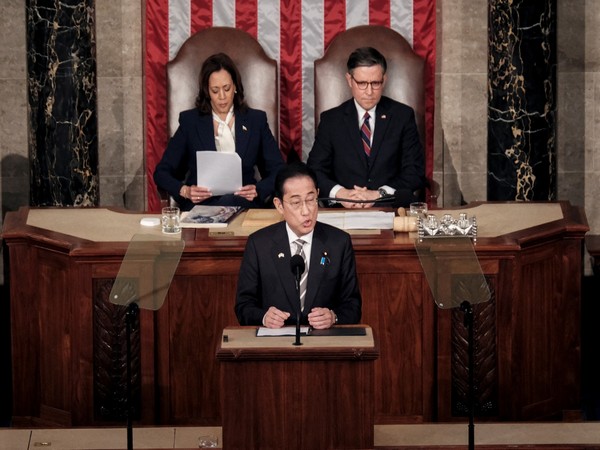Leadership Change in Japan: Kishida's Departure Sparks Scramble for Prime Minister Role
Japanese Prime Minister Fumio Kishida announced he will step down next month, triggering a contest among potential successors. The move follows declining public support amid a slush fund scandal and economic troubles. Candidates need 20 LDP parliamentarian signatures to run, with a leadership race expected in September.

- Country:
- Japan
Japanese Prime Minister Fumio Kishida announced on Wednesday that he will step down next month, setting off a scramble among potential successors to lead the world's fourth-largest economy.
Kishida's decision follows a tenure of nearly three years, during which his administration faced declining popularity due to a slush fund scandal and controversy over the ruling party's connections to the former Unification Church. Economically, household financial strain further eroded support, with public approval ratings consistently below 30%—a typical trigger for political change.
Under Japan's parliamentary system, the ruling party leader becomes prime minister. The Liberal Democratic Party (LDP), which has dominated post-World War II politics, will hold a scheduled leadership race in September. Candidates such as former Defence Minister Shigeru Ishiba and former Foreign Minister Toshimitsu Motegi are expected to vie for the position. The LDP's intricate political factions and the influence of former prime ministers like Taro Aso and Yoshihide Suga will play a significant role in determining the next leader.
(With inputs from agencies.)
ALSO READ
Corruption Conspiracy Unveiled in Defence Ministry: Bribes, Dubai Links, and High-Stakes Scandal
Rajasthan ACB Nabs Corrupt Cop in Bribery Scandal
Bribery Scandal Rocks Defence Ministry: Lt Col Deepak Kumar Sharma Arrested
Political Storm: Codeine Cough Syrup Scandal Rocking Uttar Pradesh
Bribery Scandal Unveiled: Revenue Official Arrested in Shopian










